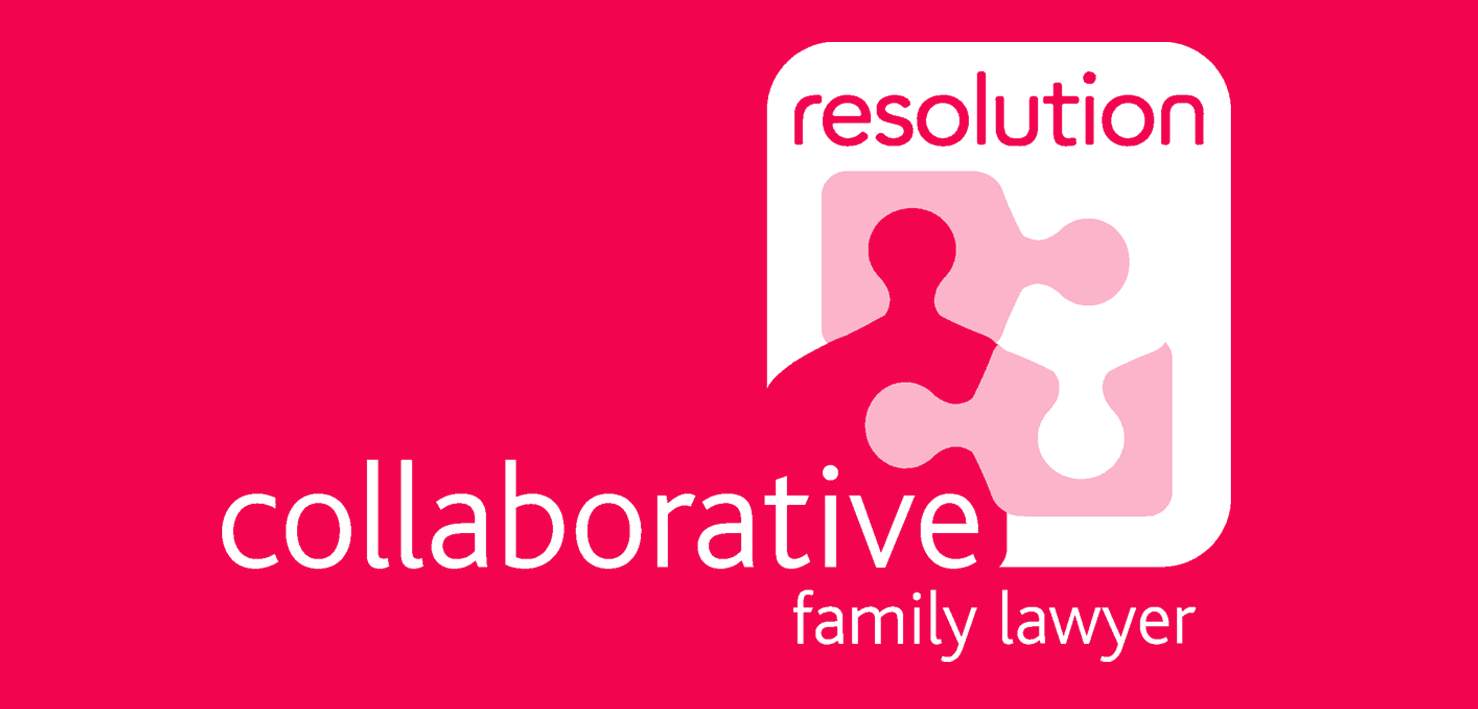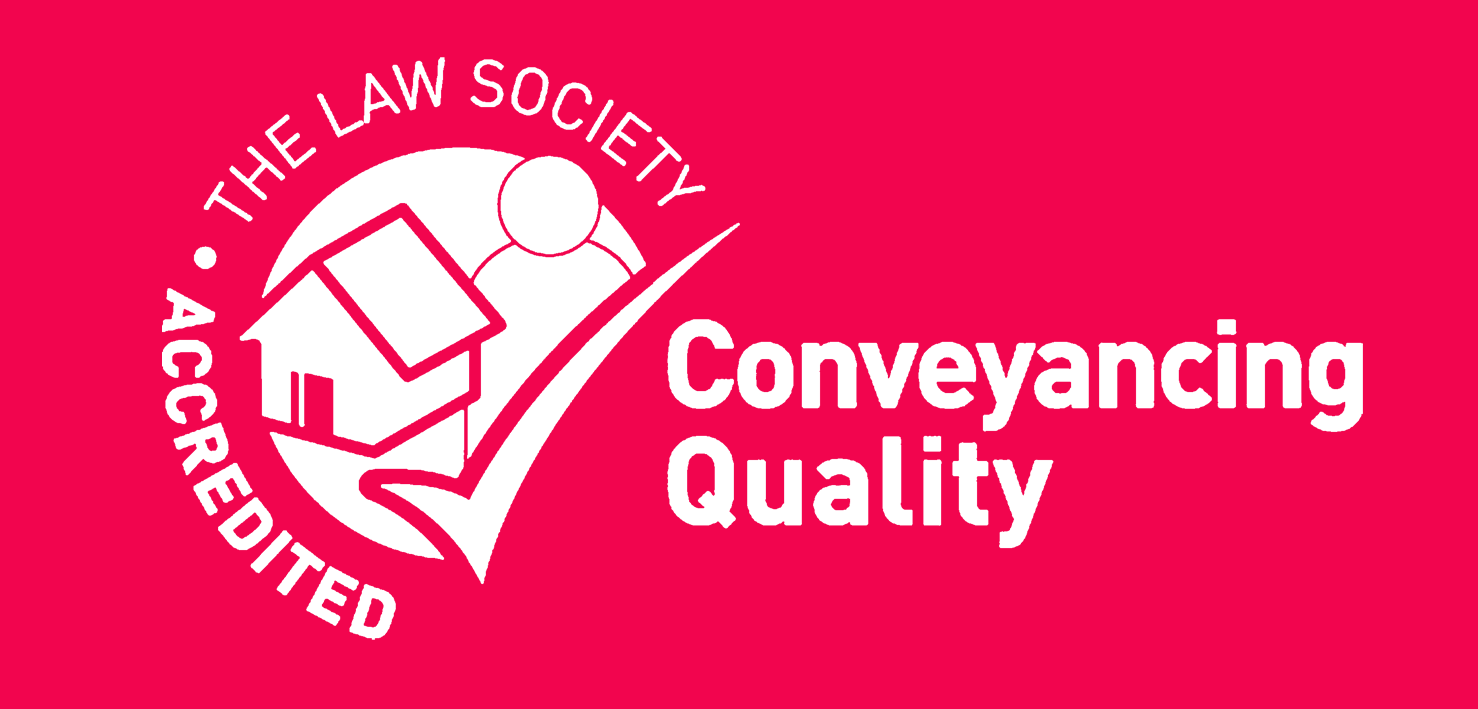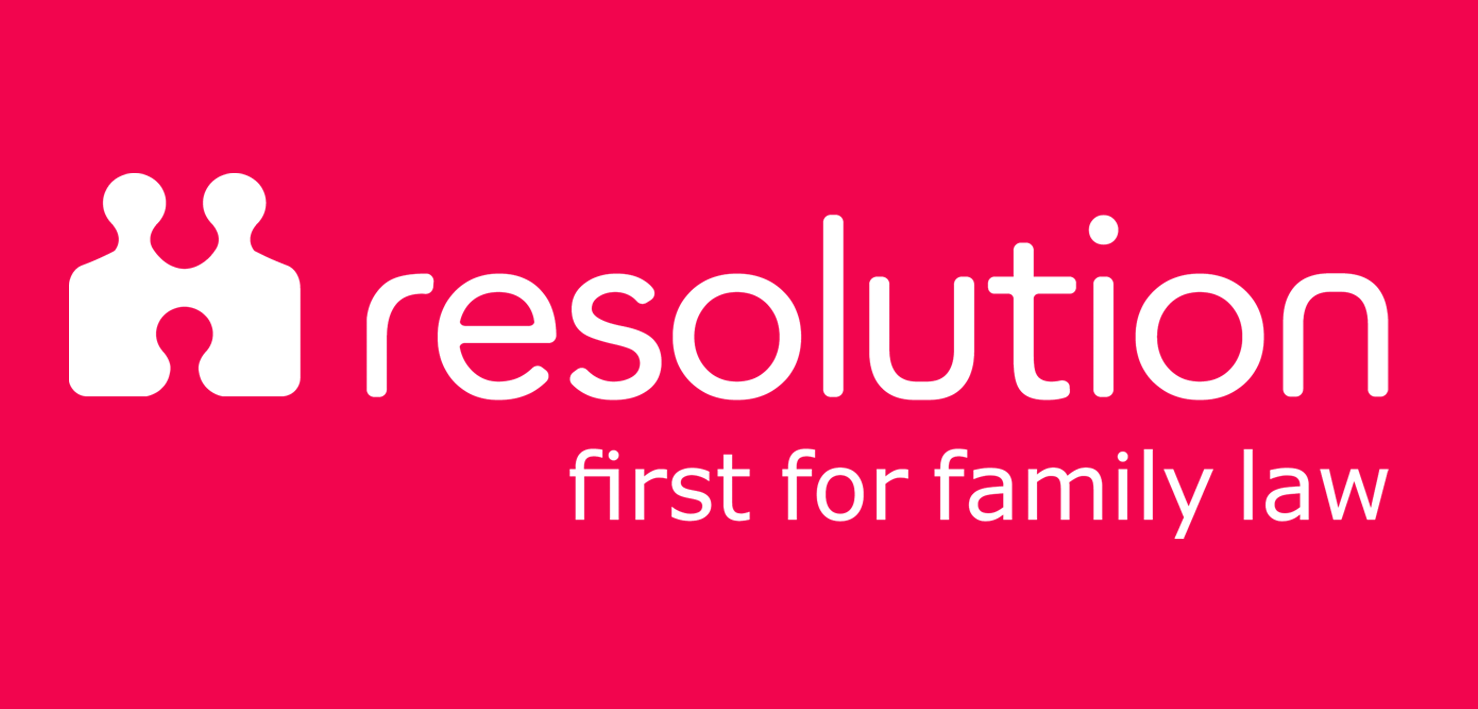Domestic violence extends further than physical abuse and we are supporting the 16 Days of Action Against Domestic Violence campaign by raising awareness of the different types of domestic abuse people can experience and aim to help break down barriers and get people talking.
In today’s blog post, we wanted to share some information about abusive relationships and the involvement of narcissism in them.
Abusive relationships with narcissists can be profoundly damaging, often involving manipulation, control, and emotional harm. Narcissists exhibit traits that can create a toxic and abusive dynamic, impacting the mental and emotional well-being of their partners.
Recognising the signs of this type of relationship is crucial for ensuring safety and seeking help.
What is Narcissism?
Narcissism is characterised by an inflated sense of self-importance, a deep need for admiration, and a lack of empathy for others. While some narcissistic traits can be moderate, they can become dangerous when coupled with abusive behaviours in a relationship.
What are the Signs of an Abusive Relationship with a Narcissist?
- Excessive Manipulation
Narcissists often manipulate their partners to achieve their goals. This could be through guilt-tripping, gaslighting, or emotional blackmail.
Example phrases;
Gaslighting – “I never said/did that, you must be imagining things.”
Guilt tripping – “Go out with your friends then, everyone leaves me anyway.”
Emotional blackmail – “If you do that, I will do this.”
- Lack of Empathy
Narcissists generally struggle to understand or empathise with their partner’s feelings, often minimising or dismissing emotional needs as unimportant.
Example phrase; “Why are you so emotional, I was just joking.”
- Idealisation and Devaluation
The relationship might begin with intense admiration and idealisation, but this quickly shifts to devaluation where the partner’s worth is diminished, creating a cycle of emotional highs and lows.
Read article on ‘Love bombing’.
- Control and Domination
Narcissists often try to control various aspects of their partner’s life, including social interactions, finances, and personal choices, leading to increased dependency.
It is important to know that this isn’t always obvious. They may not tell you what you can and can’t do but they make you feel like you can’t. An example could be booking a romantic date night on a day you had plans with friends, and making you feel guilty if you don’t go.
- Verbal and Emotional Abuse
Name-calling, belittling, and constant criticism are common. Narcissists may resort to emotional abuse to maintain power and control.
Again, this isn’t always obvious and can be masked as jokes.
- Isolation from Friends and Family
Narcissists may isolate their partners from loved ones to enhance control, making them more reliant on the abuser for emotional support.
They won’t always directly tell you that you can’t see friends and family, instead they may manipulate you to turn on them, or them turn on you. EG: telling you your friends aren’t good for you, causing arguments and making you choose between the two etc.
- Gaslighting
This psychological manipulation makes victims question their reality, memories, or perceptions, leading them to doubt their own sanity.
Example phrases;
“You must have dreamt that, it didn’t happen.”
“You’re being so dramatic, its not even bad what I did.”
“You don’t really want that.”
“You are crazy.”
“So and so agrees with me and thinks that too.”
“It didn’t happen that way.”
- Conditional Love and Approval
Affection and love from a narcissist are often contingent on the partner’s behaviour, leading to fear and insecurity.
- Jealousy and Possessiveness
Narcissists may display extreme jealousy or possessiveness, often accusing their partners of infidelity without cause.
- Rejection of Responsibility
Narcissists rarely take responsibility for their actions. When confronted, they often deflect blame onto their partner or external circumstances.
Example phrase: “If you didn’t do X then I wouldn’t have done it.” Or “If you weren’t so negative, I wouldn’t have done it.”
- Emotional Explosions
Narcissists can exhibit rage and aggression over perceived slights, often lashing out when they feel threatened or insecure.
- Charm and Charisma
Initially, narcissists may seem charming and charismatic, winning affection and admiration from others while hiding their abusive tendencies.
- Entitlement
Narcissists often feel entitled to special treatment or regard, believing they deserve more than others, which can manifest in abusive ways toward their partner.
Impact on Victims
The experience of being in a relationship with a narcissist can lead to feelings of worthlessness, anxiety, and depression. Victims may experience long-term emotional trauma that affects their self-esteem and relationships with others.
Seeking Help
Recognizing the signs of an abusive relationship with a narcissist is the first step toward healing. If you or someone you know is in such a situation, consider taking the following actions:
– Reach Out to Support Networks: Connecting with friends, family, or support groups can provide emotional backing and information on coping strategies.
– Consider Professional Help: Speaking with a therapist experienced in trauma and abuse can help process experiences and develop healthy coping mechanisms.
– Create a Safety Plan: If you’re considering leaving an abusive relationship, prepare a safety plan outlining steps to ensure personal safety.
– Legal Support: Consult a family lawyer or advocate familiar with domestic violence for guidance on legal options such as obtaining restraining orders or custody arrangements.
There is also lots of free help for people who find themselves in an abusive relationship. No matter who you are, professionals will understand the many reasons why leaving an abusive relationship is difficult and they will provide non-judgemental and empathetic advice. Services that can help include; the Police, Women’s Aid, Mankind, Refuge and Fear Free Charities.
Advice from a Family Lawyer
Abusive relationships with narcissists can be complex and multifaceted. Understanding the signs and seeking help is vital to recovery. No one deserves to live in a harmful environment, and support is available to help individuals reclaim their lives and well-being.
We offer free, initial consultations and can signpost you to appropriate agencies that can offer help and we can assist you with making referrals. The Family Court can also offer protective measures both for you and any children. We can advise you in respect of the most appropriate orders to apply for. Our team is experienced, and we really do care and can guide you through the process.





